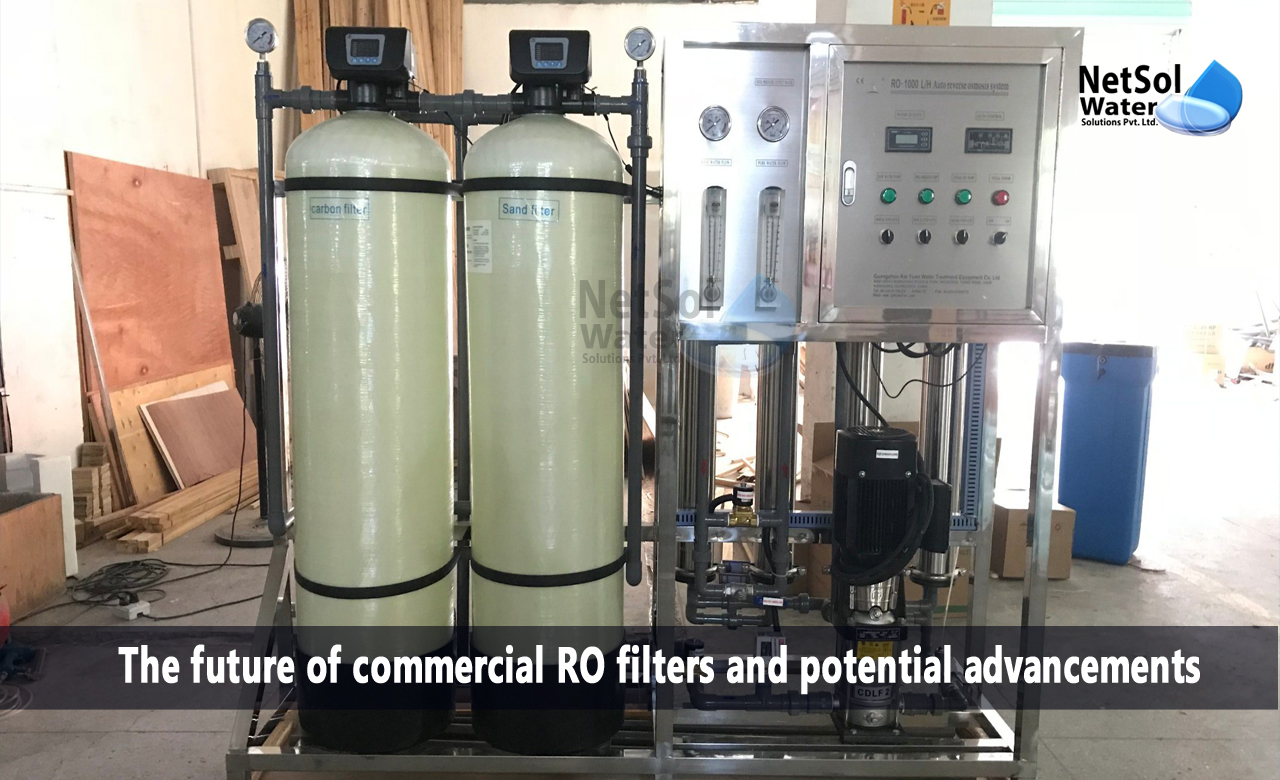The future of commercial RO filters and potential advancements
Commercial reverse osmosis (RO) filters have become an essential component of many industries, including food and beverage, pharmaceuticals, and water treatment. As the demand for clean and purified water continues to grow, the commercial RO filter industry is expected to experience significant growth in the coming years. With this growth, there is also the potential for advancements in technology and new applications for commercial RO filters.
One potential advancement in commercial RO filters is the use of nanotechnology. Nanotechnology involves manipulating materials on an atomic or molecular scale to produce materials with enhanced properties. In the case of RO filters, nanotechnology could be used to develop membranes with increased selectivity and improved fouling resistance. This could result in more efficient and longer-lasting filters, reducing the need for frequent membrane replacements and increasing the overall efficiency of the filtration process.
Another potential advancement is the use of machine learning and artificial intelligence in the operation and maintenance of commercial RO filters. These technologies could be used to monitor and analyze data from the filtration system, predicting when maintenance is needed or identifying potential issues before they become major problems. This could result in more efficient and cost-effective maintenance, reducing downtime and increasing the lifespan of the filtration system.
Advancements in materials science could also lead to improvements in the performance and durability of commercial RO filters. For example, the development of new materials with improved chemical resistance could lead to more robust membranes that can withstand exposure to harsh chemicals and high temperatures. Similarly, the use of novel materials for the construction of filtration systems could lead to lighter, more durable, and more cost-effective systems.
In addition to technological advancements, there is also the potential for new applications of commercial RO filters. For example, there is growing interest in using RO filters to treat wastewater and brackish water, opening up new markets for the technology. Additionally, the use of RO filters in decentralized water treatment systems is becoming more common, particularly in rural and remote areas where centralized water treatment systems may be impractical.
Finally, there is a growing trend towards sustainable and environmentally friendly technologies, and this is likely to influence the development of commercial RO filters in the coming years. For example, there is increasing interest in developing membranes and filtration systems that can be recycled or that use renewable energy sources. Similarly, there is a trend towards reducing the use of chemicals in water treatment, and this is likely to lead to the development of new materials and technologies that can effectively remove contaminants without the need for harsh chemicals.
Conclusion:
The future of commercial RO filters looks bright, with potential advancements in nanotechnology, machine learning, materials science, and new applications. These advancements could result in more efficient and cost-effective filtration systems, opening up new markets and providing solutions to the growing demand for clean and purified water. Additionally, the trend towards sustainability and environmentally friendly technologies is likely to shape the development of commercial RO filters, resulting in more sustainable and eco-friendly solutions. Overall, the future of commercial RO filters is likely to be characterized by innovation and growth, as technology continues to play an increasingly important role in many industries.
Do you need an advice or assistance on selecting the best water and waste water treatment unit? We have solutions for all your problems!
Let us now your problem, our experts will make sure that it goes away.
For an assistance or related query,
Call on +91-965-060-8473
Or write us at enquiry@netsolwater.com



